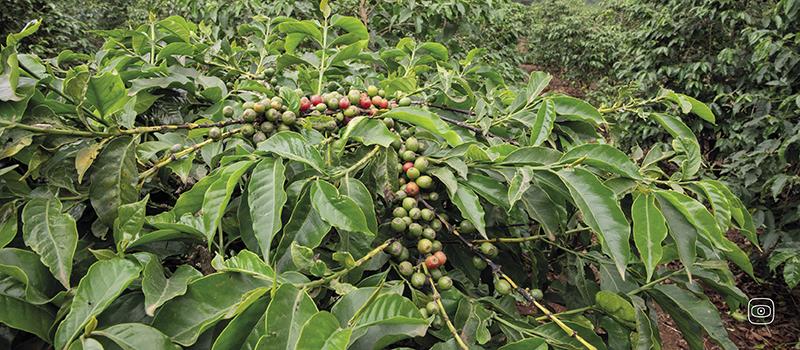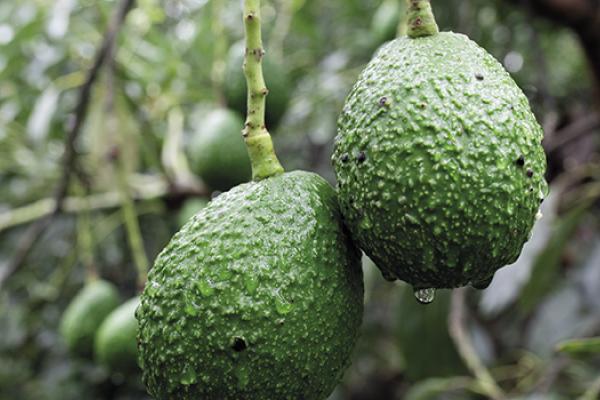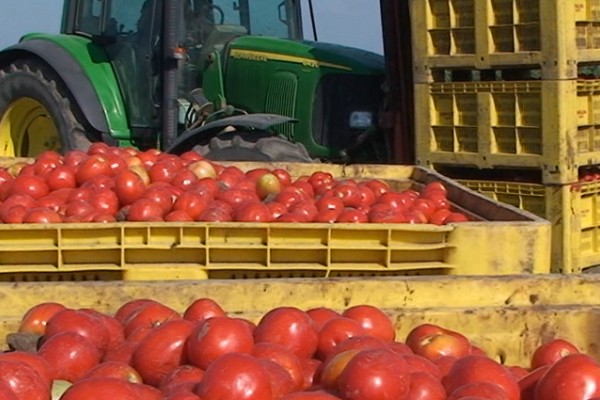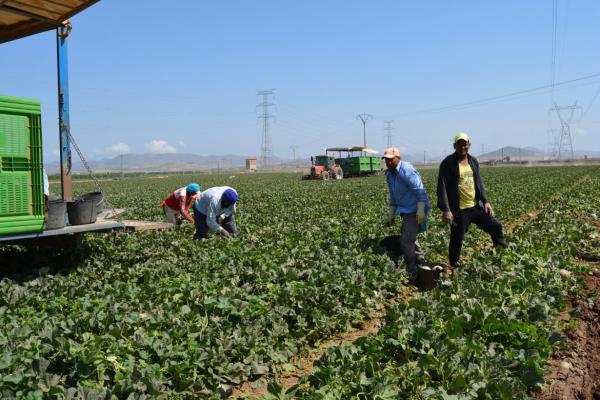In Kenya, the third largest coffee exporter in Africa, the industry faces issues related to the use of potentially harmful chemicals, deforestation and ecosystem impacts.
Kenyan coffee farmers - already struggling with a trading system that puts them at a disadvantage - are now battling the impacts of climate change in the Rift Valley. Changing temperatures and erratic rainfall are affecting coffee yields, and farmers report seeing significant rises in coffee leaf miners (CLM), bugs that eat coffee leaves, and coffeeberry disease (CBD), caused by a fungus that leads to crop losses of more than 80%.
In addition, in a drought-stricken land, coffee farming is highly water-intensive – Arabica beans grown primarily in Kenya typically require 140 litres of water to produce a single cup.
The team visited Kiambu in Kenya's Central Highlands, the heart of the coffee industry, to investigate the climatic and human consequences of Europe's appetite for coffee.
Photo by Kate Stanworth





